FOI Request
This request is a Freedom of Information Act request for the following information.
- Is the Cleveland Police and Crime Commissioner aware of any intention of Cleveland Police to withdraw from any formal collaboration with other police forces? Yes/No
- Is the Cleveland Police and Crime Commissioner aware of any intention of any other forces to withdraw from any formal collaboration with Cleveland Police? Yes/No
- Has Cleveland Police issued any formal notice to other police forces to withdraw from a collaboration? Yes/No
- Has Cleveland Police received any formal notice from other police forces of their intent to withdraw from a collaboration? Yes/No
- Please publish any notice/letter/email received or sent which indicates a formal withdrawal from any collaboration since 12 May 2021. This includes messages sent between the Office of the Police and Crime Commissioner and the Chief Constable. This also includes correspondence received from other forces or commissioners.
OPCC Response
Regarding your request, I can now inform you that I have completed my enquiries and that my reply on behalf of the Office of the Police and Crime Commissioner for Cleveland is as follows.
Having considered the content of your request the Office of the Police and Crime Commissioner rely upon the following exemption:
Section 1 of the Freedom of Information Act 2000 (FOIA) place two duties on public authorities. Unless exemptions apply, the first duty at Section 1(1)(a) is to confirm or deny whether the information specified in a request is held. The second duty at Section 1 (1)(b) is to disclose information that has been confirmed as held. Where exemptions are relied upon s17 of FOIA requires that we provide the applicant with a notice which: a) states the facts b) specifies the exemption(s) in question and c) states (if that would not otherwise be apparent) why the exemption applies.
The Office of the Police and Crime Commissioner can neither confirm nor deny that is holds any information relevant to your request as the duty in s1(1)(a) of the Freedom of Information Act 2000 does not apply, by virtue of the following exemption:
Section 31(1) a, b, c and Section 31(2) Law enforcement;
This should not be taken as conclusive evidence that any information that would meet your request exists or does not exist.
Section 31 is a prejudice based qualified exemption and there is a requirement to articulate the harm that would be caused in confirming or not that the information is held as well as carrying out a public interest test.
Overall Harm
Whilst every effort should be made to release information under FOIA on this occasion it is important to be mindful that release under FOIA is a disclosure to the world at large and not just to the individual making the request. To confirm whether or not information is held pertinent to the withdrawal from any formal collaboration could reveal changes into operational availability or unavailability within the Cleveland Police force area.
Public Interest Considerations:
Section 31 – Law Enforcement
Factors Favouring Disclosure
The release of this information would provide an insight into the Police Service and enable the public to have a better understanding of the force size and ability to respond to operational needs throughout the force area. This would in turn provide transparency in the way the Police Service carry out their day-to-day delivery of effective law enforcement.
Factors Favouring Non-Disclosure
Specific information relation to withdrawal from any formal collaboration could provide valuable intelligence to the criminal fraternity which could be manipulated to hinder law the enforcement capabilities of the force by providing an advantage to individuals and/or organisation’s wishing to commit crime. Vulnerabilities and capabilities would be highlighted and offenders intent on committing criminal behaviour could create a mosaic of data and build up of a picture of vulnerability within the force boundaries.
Overall Balancing Test
Whilst there is a public interest in the transparency of policing and in this case providing assurance that any changes to the forces involvement in or withdrawal from any formal collaboration will not affect the ability of the force to provide the effective day to day delivery of law enforcement there is also a very strong public interest in safeguarding the integrity of law enforcement.
Any information identifying the focus of specific policing activity, could be used to the advantage of criminal organisation. Information that undermines the operational integrity of these activities will adversely affect public safety and have a negative impact on law enforcement.
As much as there is public interest in knowing that policing activity is appropriate and balanced in matters of law enforcement, this will only be overridden in exceptional circumstances. It is our opinion that for these issues the balancing test for disclosure is not made at this time.
None of the above can be viewed as an inference that any information does or does not exist.
